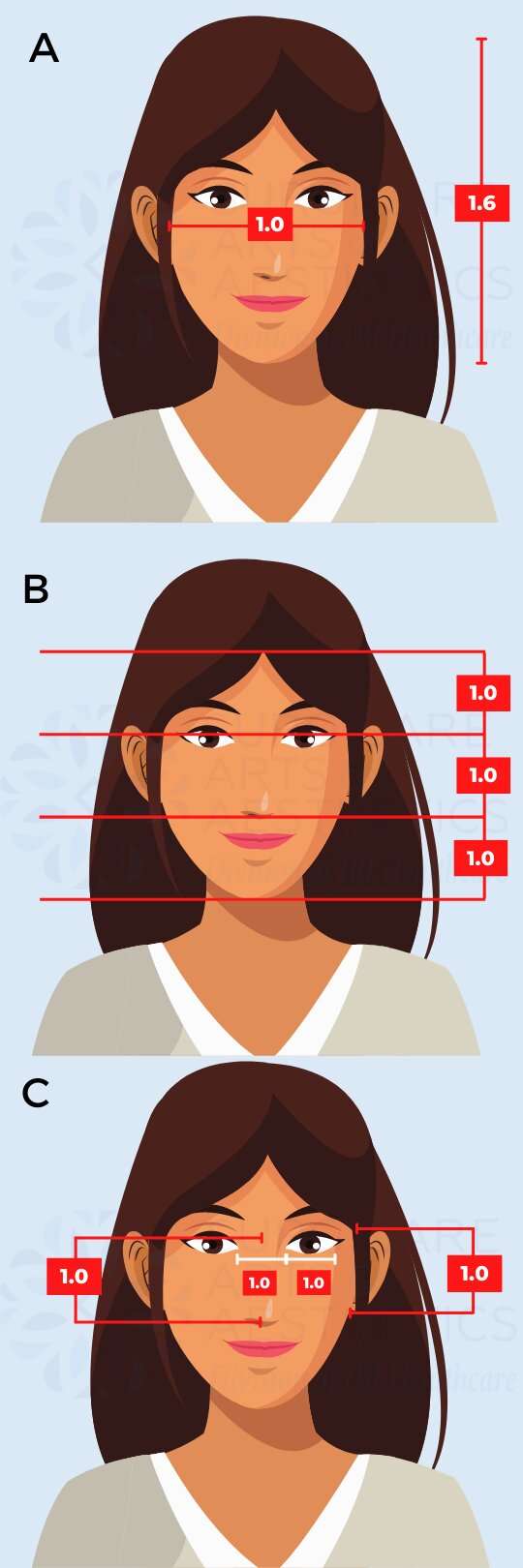Are you curious about the symmetry of your face? The quest for facial symmetry, often seen as a marker of beauty and health, is a deeply ingrained human fascination, but achieving perfect equilibrium is more a matter of understanding the nuances of our unique structures.
The human face, a canvas of expression and identity, is rarely a perfectly symmetrical masterpiece. While many strive for this ideal, the reality is that a certain degree of asymmetry is not only normal but also contributes to the individuality that makes each of us unique. This article delves into the fascinating world of facial symmetry, exploring how we perceive it, how it's measured, and what it means for our self-perception.
Many of the tools and techniques for assessing facial symmetry rely on analyzing key facial landmarks. Systems, often leveraging AI, identify and measure features such as the eyes, nose, mouth, and chin. These measurements are then compared to determine the degree of symmetry.
To ascertain the symmetry of your face through a home evaluation, a printed photograph of yourself can prove effective. By marking key points on your face and comparing the distances between these points on both sides, you can assess the balance and proportion of your features. Ensure the photo is taken from a frontal perspective, making it easier to compare the features on either side of the face.
The advent of technology has also ushered in the use of AI-powered tools and online platforms. These tools analyze uploaded photos, identifying and measuring facial features to calculate a symmetry score. This score, typically expressed as a percentage, offers an objective assessment of your facial symmetry. A score closer to 100% indicates a higher degree of symmetry.
Beyond the technological advancements, some basic principles of facial proportion and symmetry still hold true. For example, the length of an ear is often equivalent to the length of the nose. Also, the length of an eye is generally the same as the distance between them.
Here is a table presenting personal information to reflect the concept of the article:
| Category | Details |
|---|---|
| Name | (Insert a name here, for example, "Dr. Amelia Stone") |
| Profession | Cosmetic Surgeon |
| Specialization | Facial Reconstruction, Symmetry Enhancement |
| Education |
|
| Professional Affiliations |
|
| Published Works |
|
| Website | American Society of Plastic Surgeons |


